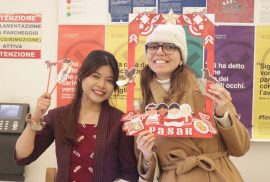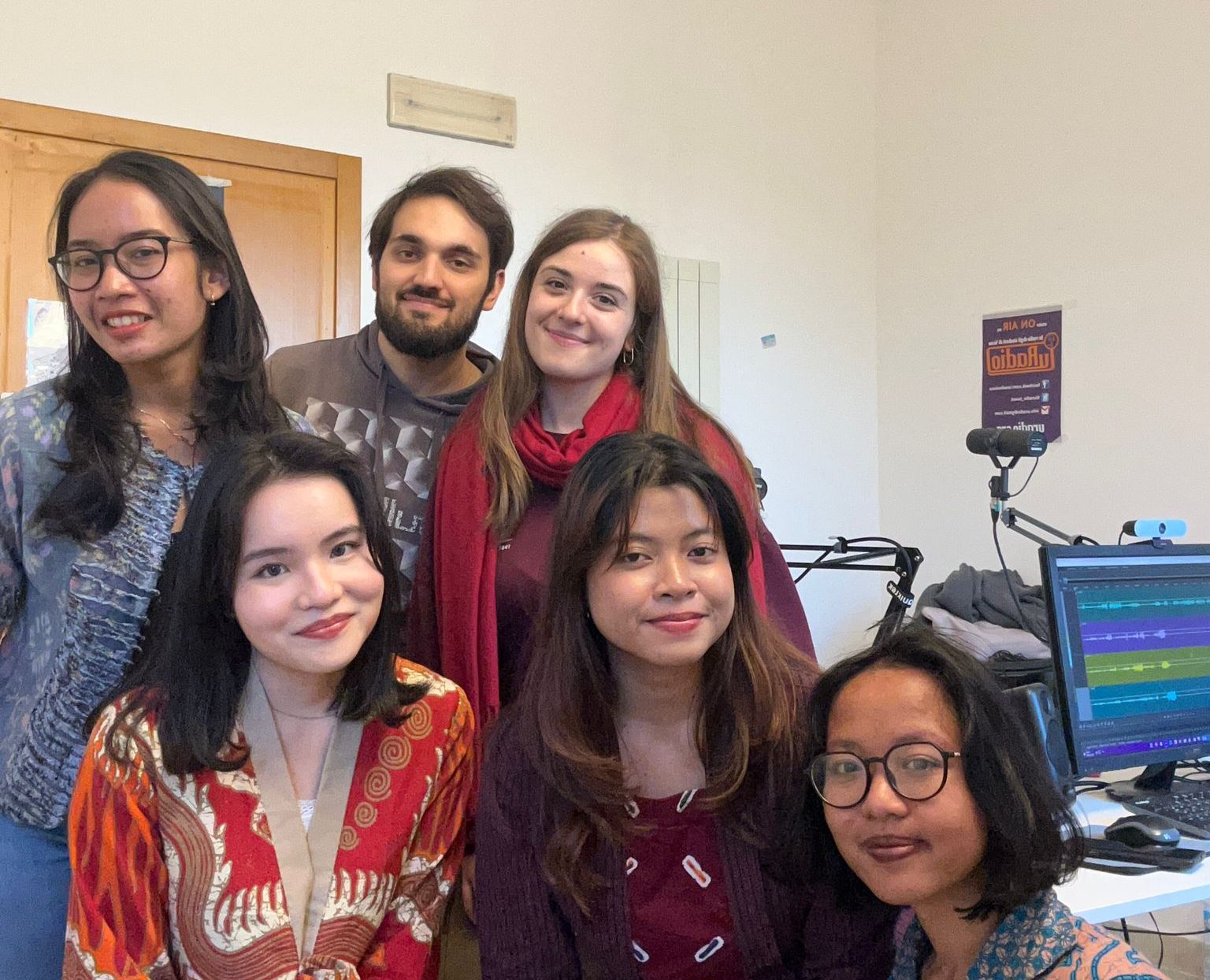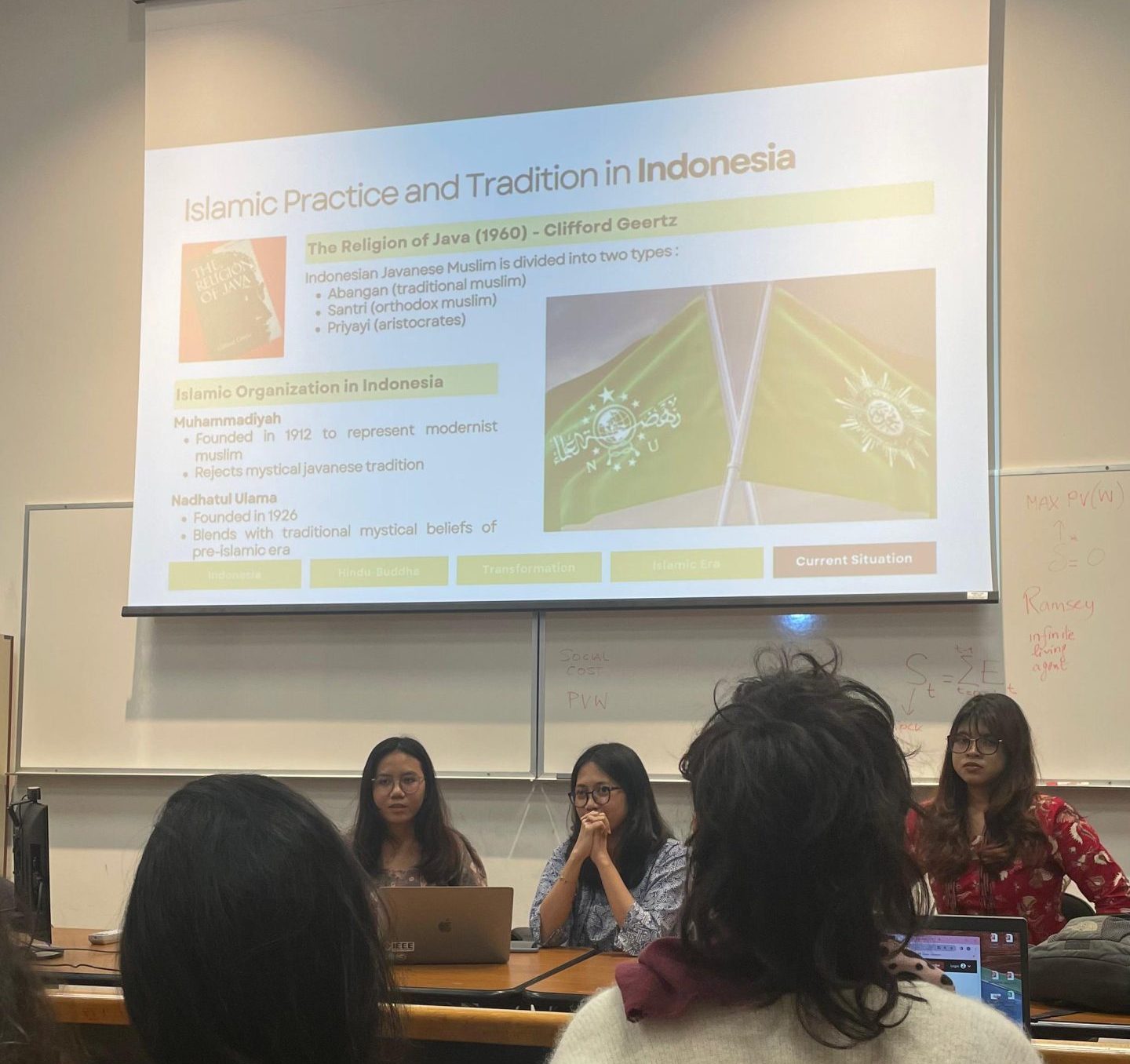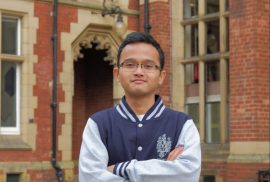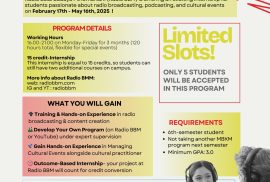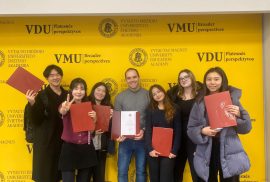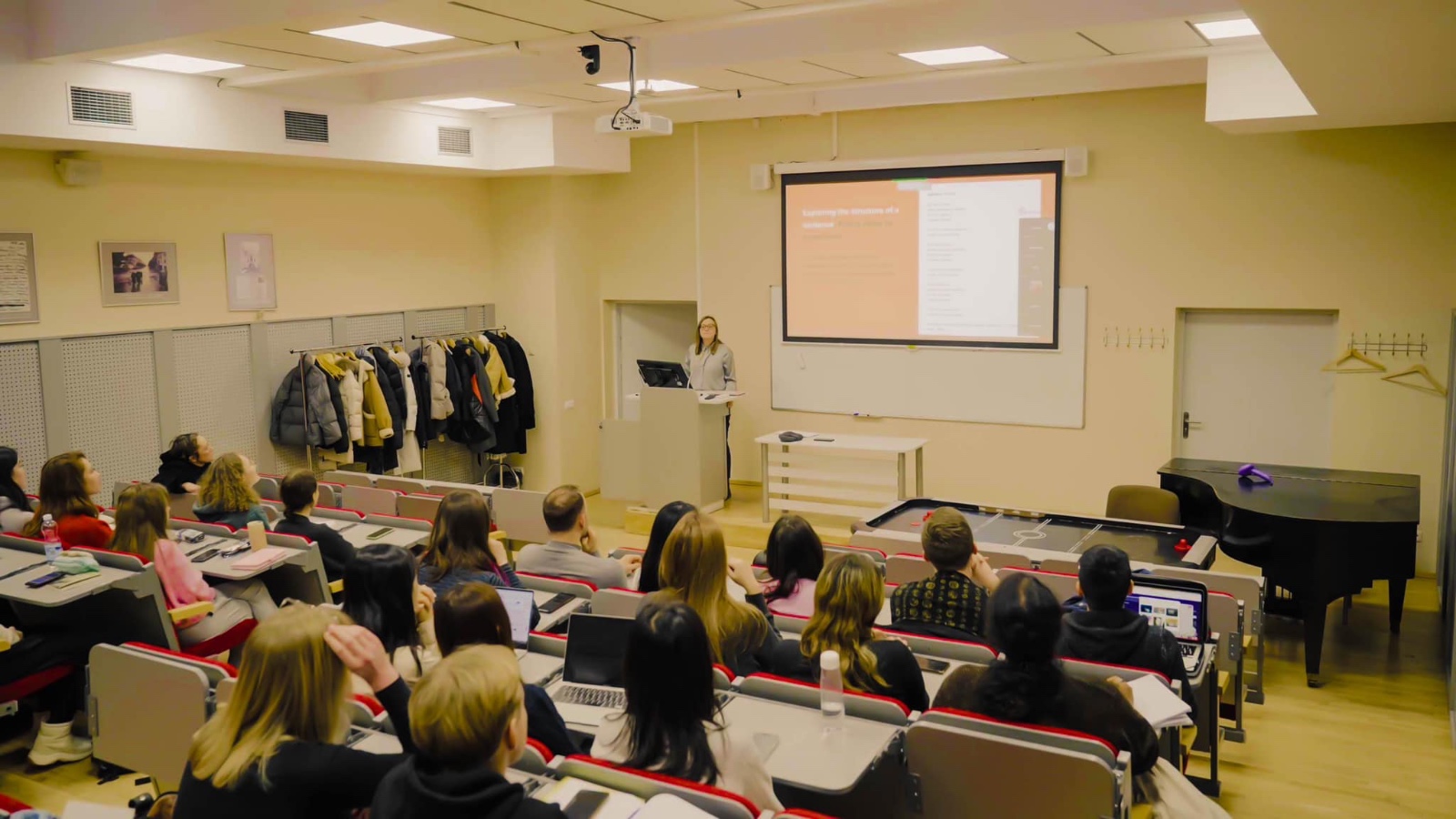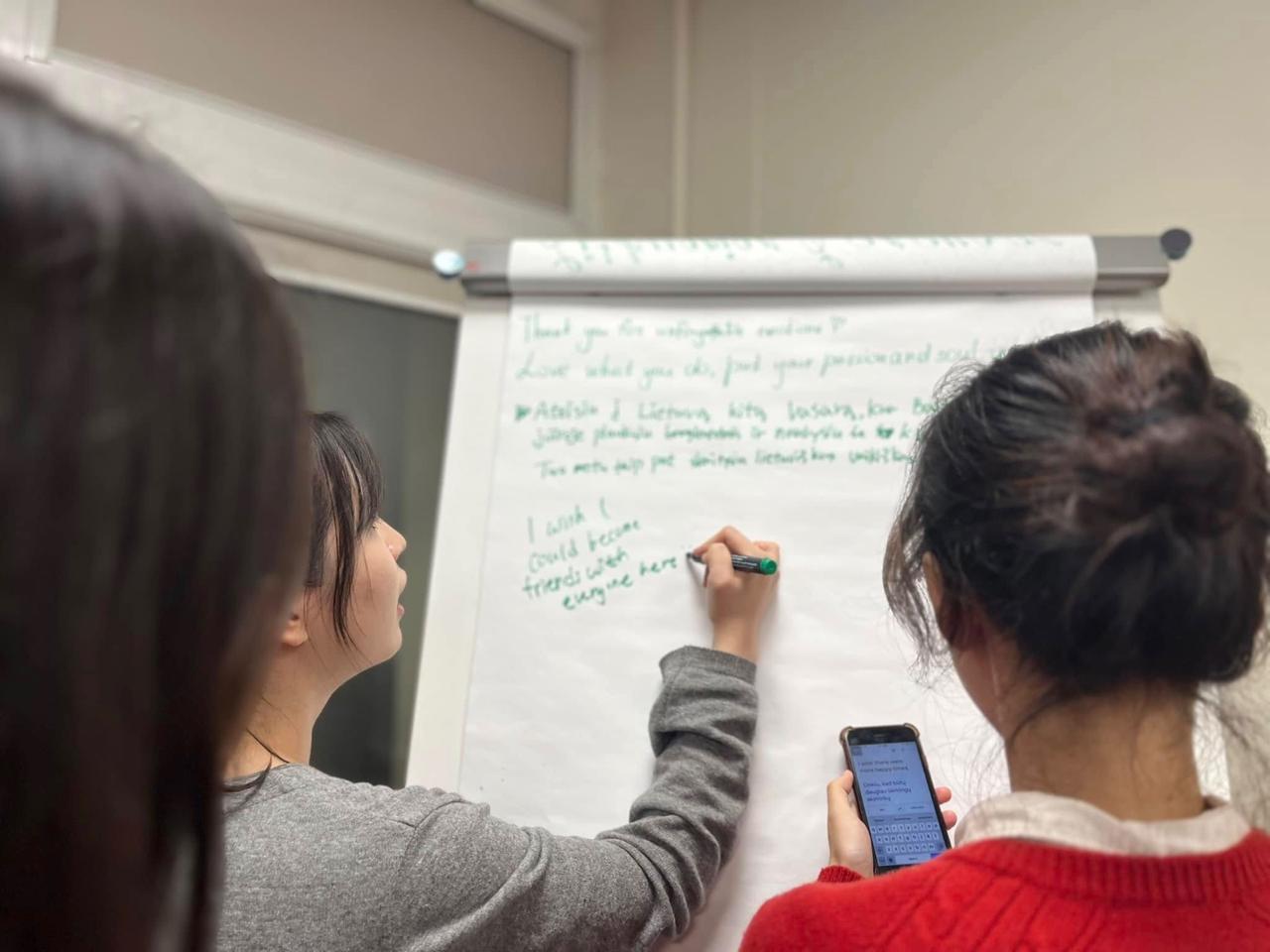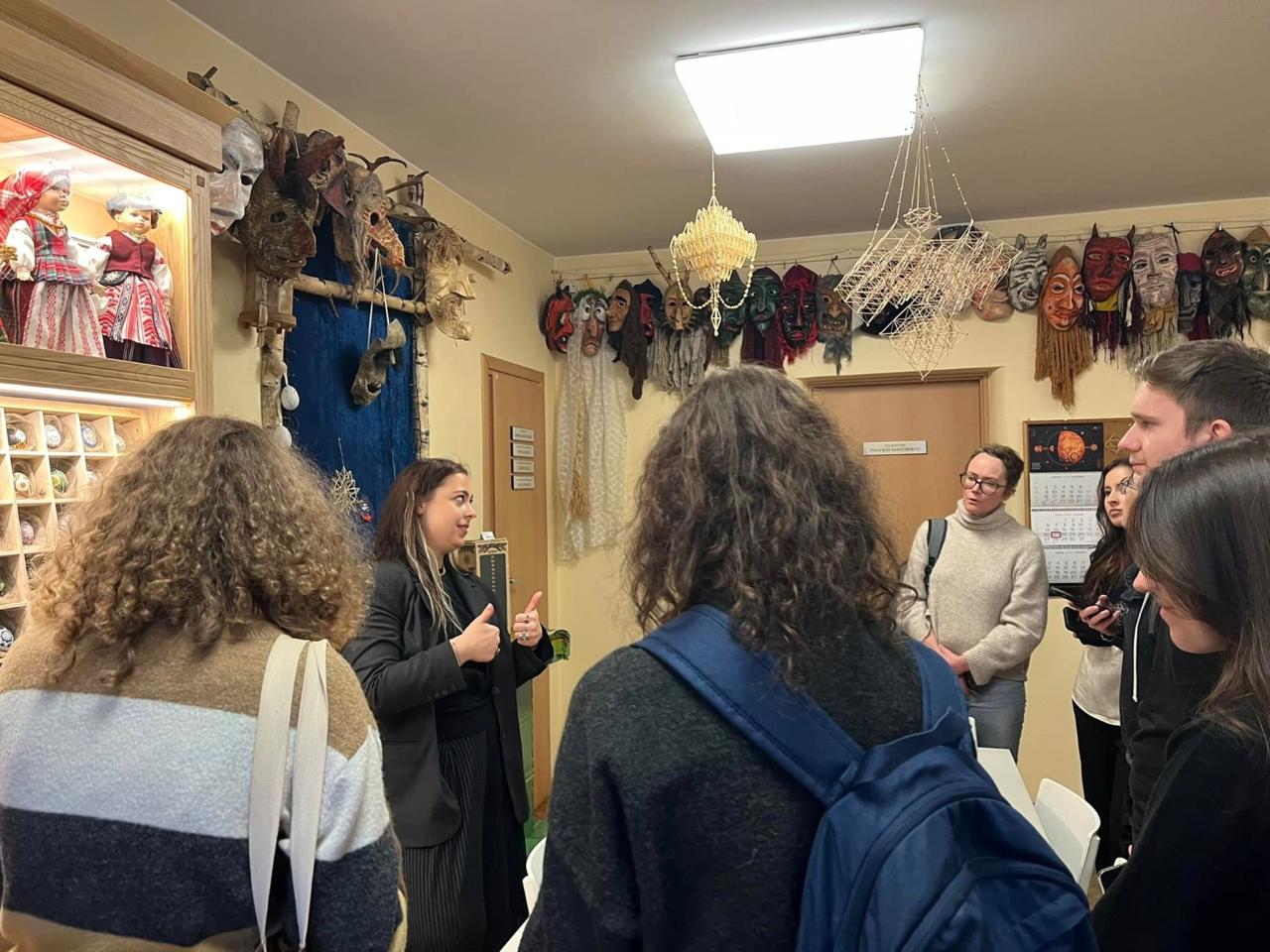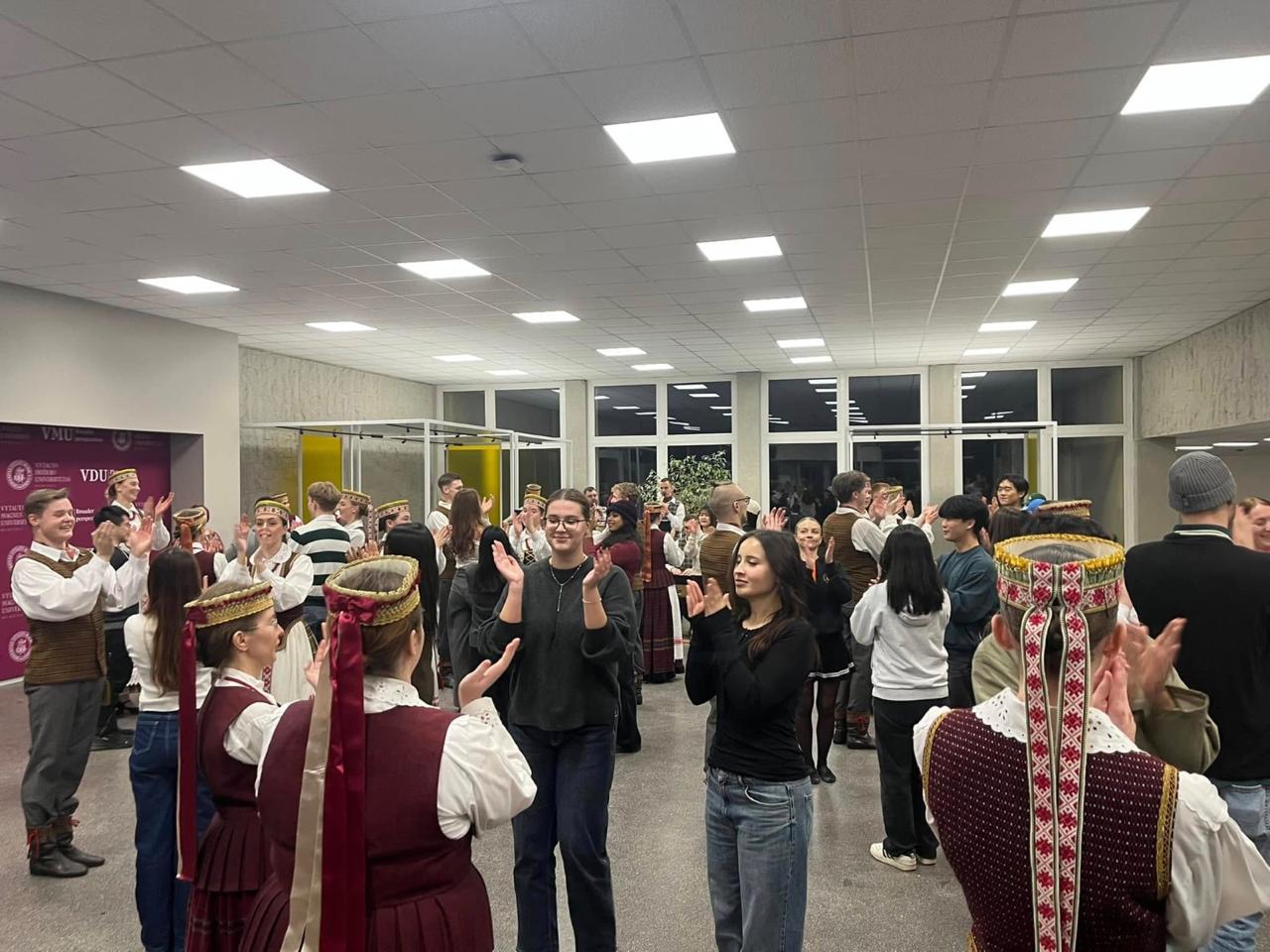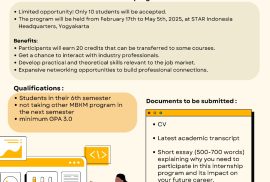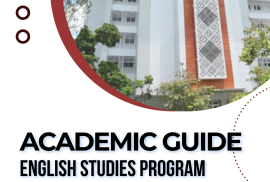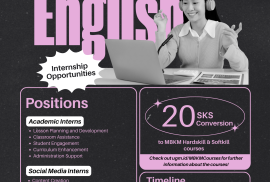On Monday, April 14, 2025, the English Studies Program held its annual Halal Bihalal gathering at UC Hotel UGM. This event is a cherished tradition following Eid al-Fitr, held each year to foster togetherness and maintain strong bonds within the academic community. In addition to this event, active lecturers also took part in anjangsana—an annual routine to visit the homes of retired English Studies Program faculty members.
The event was attended by active and retired lecturers of the English Studies Program, along with their families. It served as a meaningful occasion to seek and offer forgiveness in the spirit of Eid, while strengthening the relationships among the academic community.
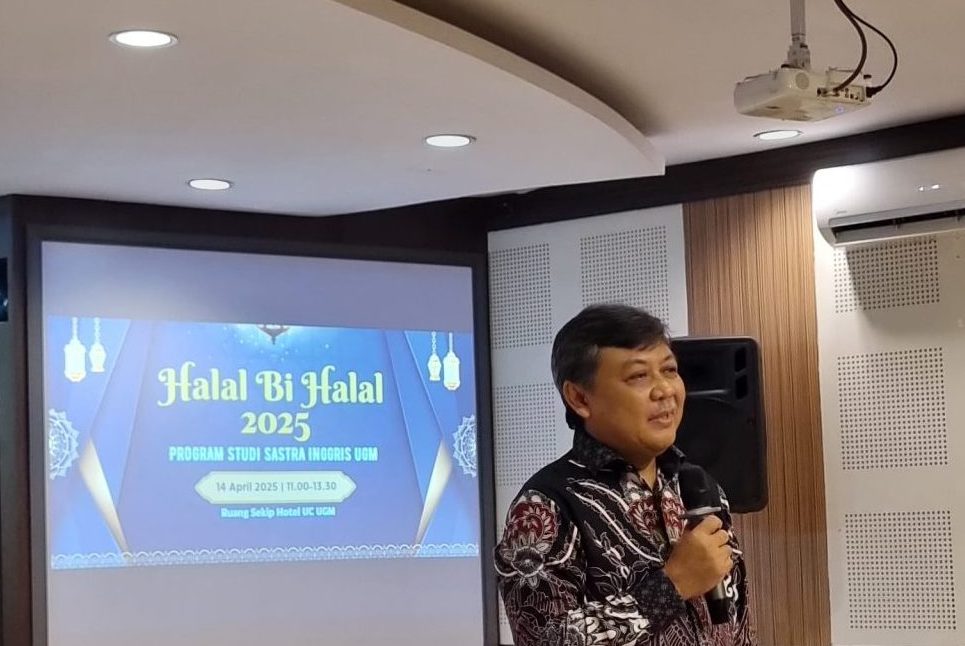
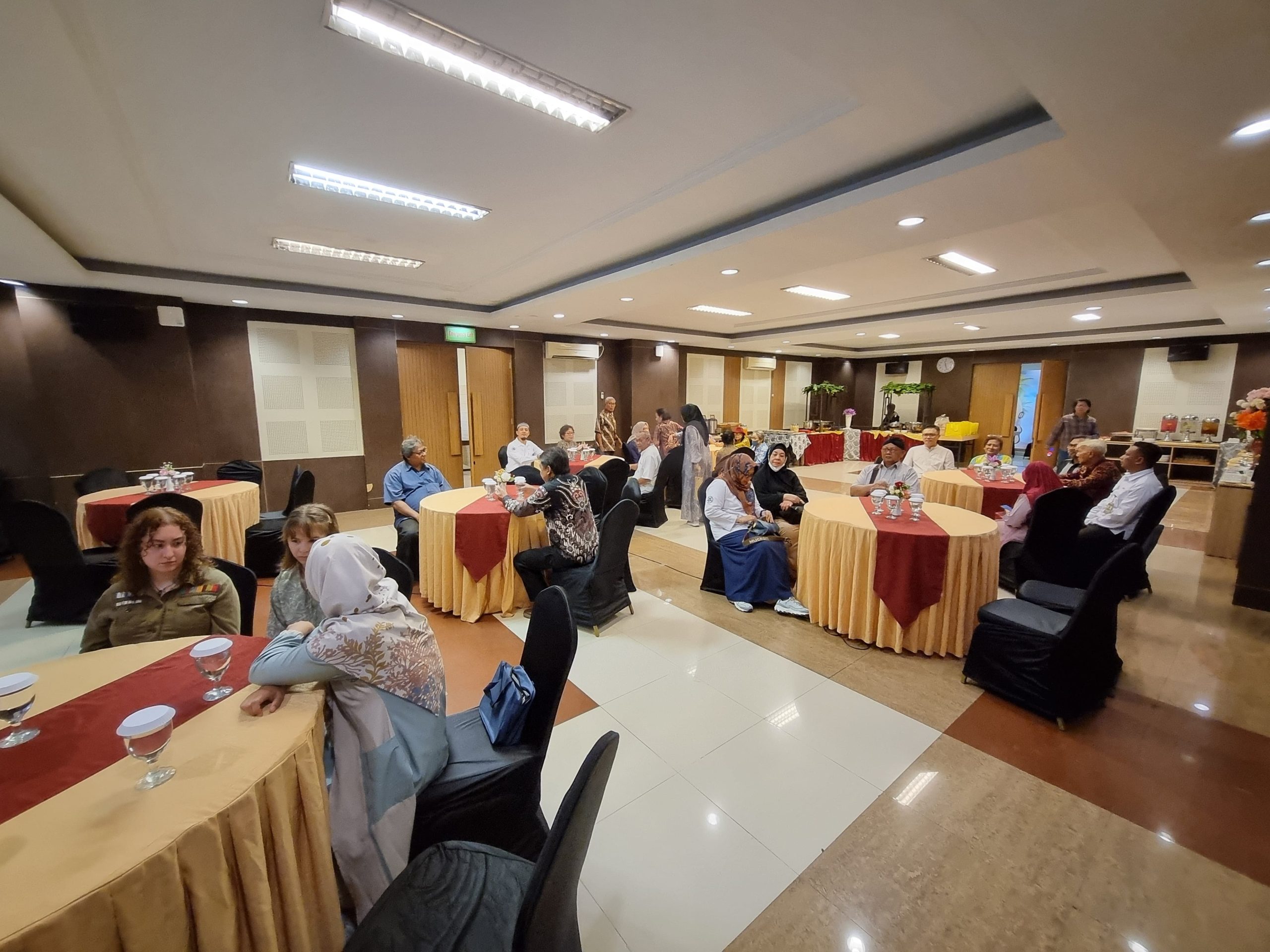
The event began with opening remarks from the Head of the English Literature Study Program, Dr. Adi Sutrisno, M.A., who emphasized the importance of maintaining familial ties within the members of the English Studies Program. The gathering continued with a lunch and casual gathering session, followed by a group photo to capture the warmth and joy of the moment.

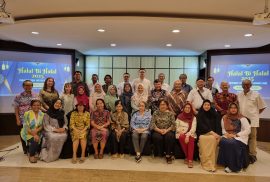
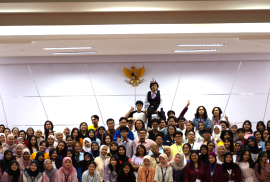
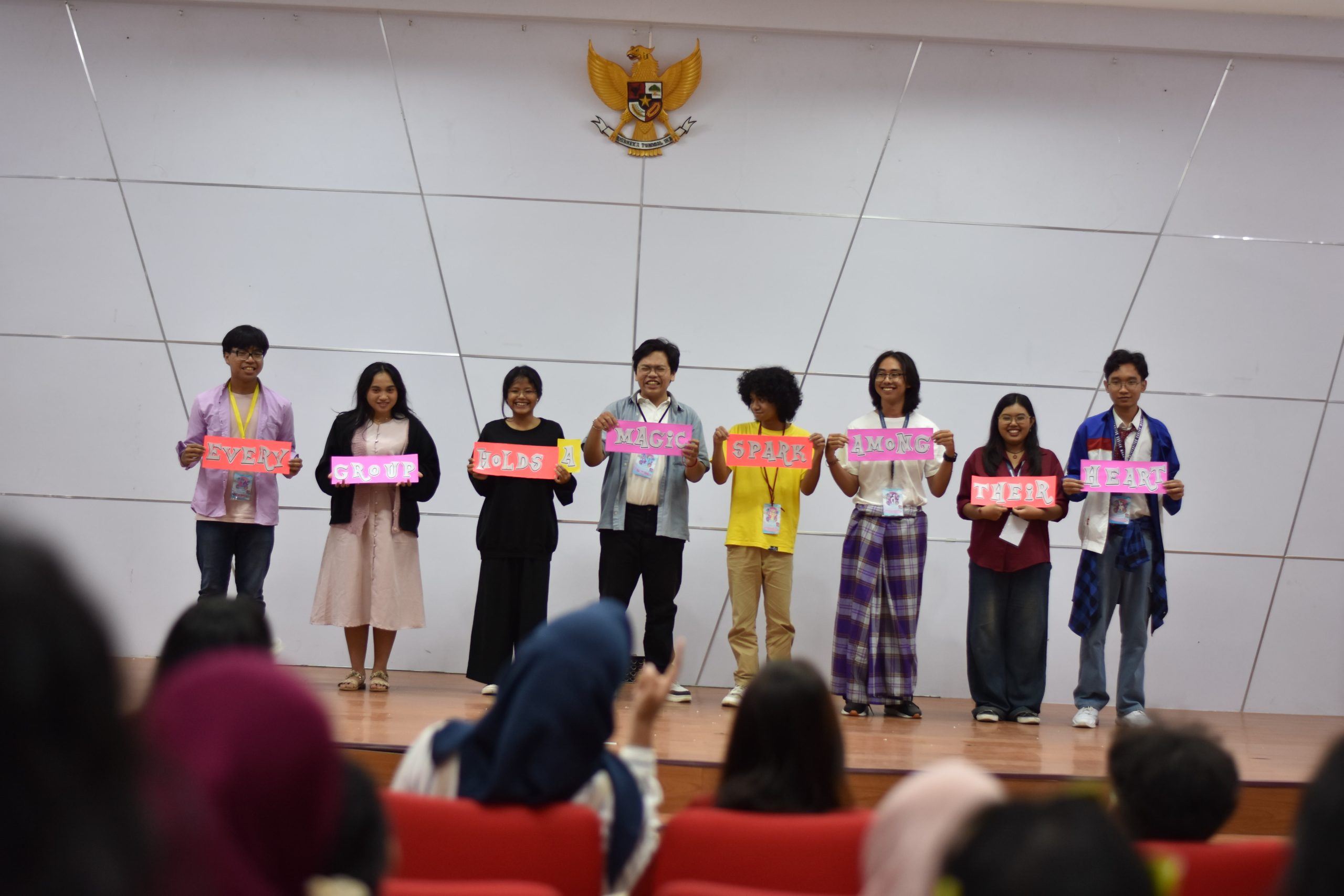
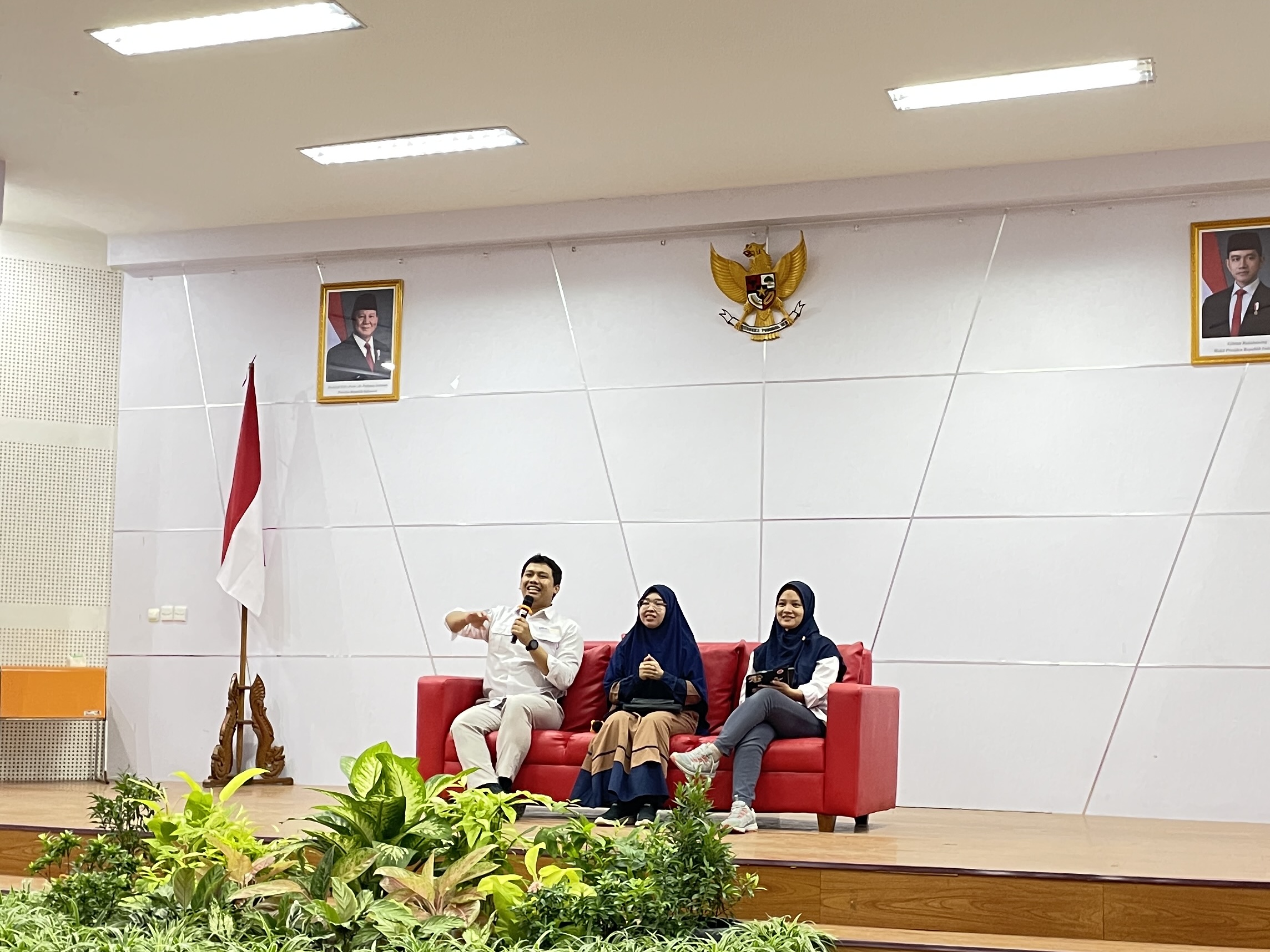
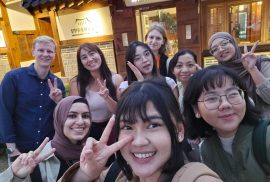
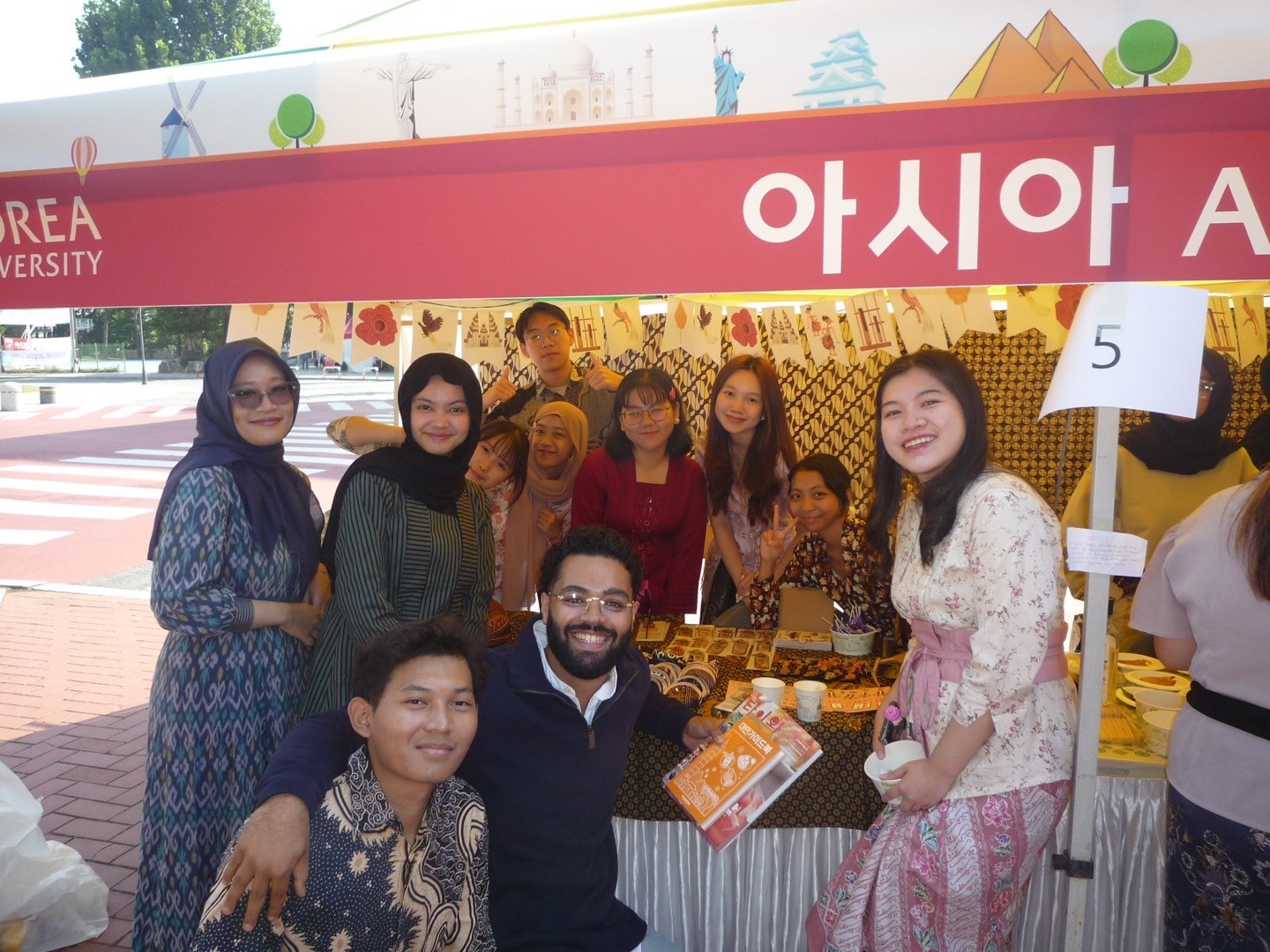
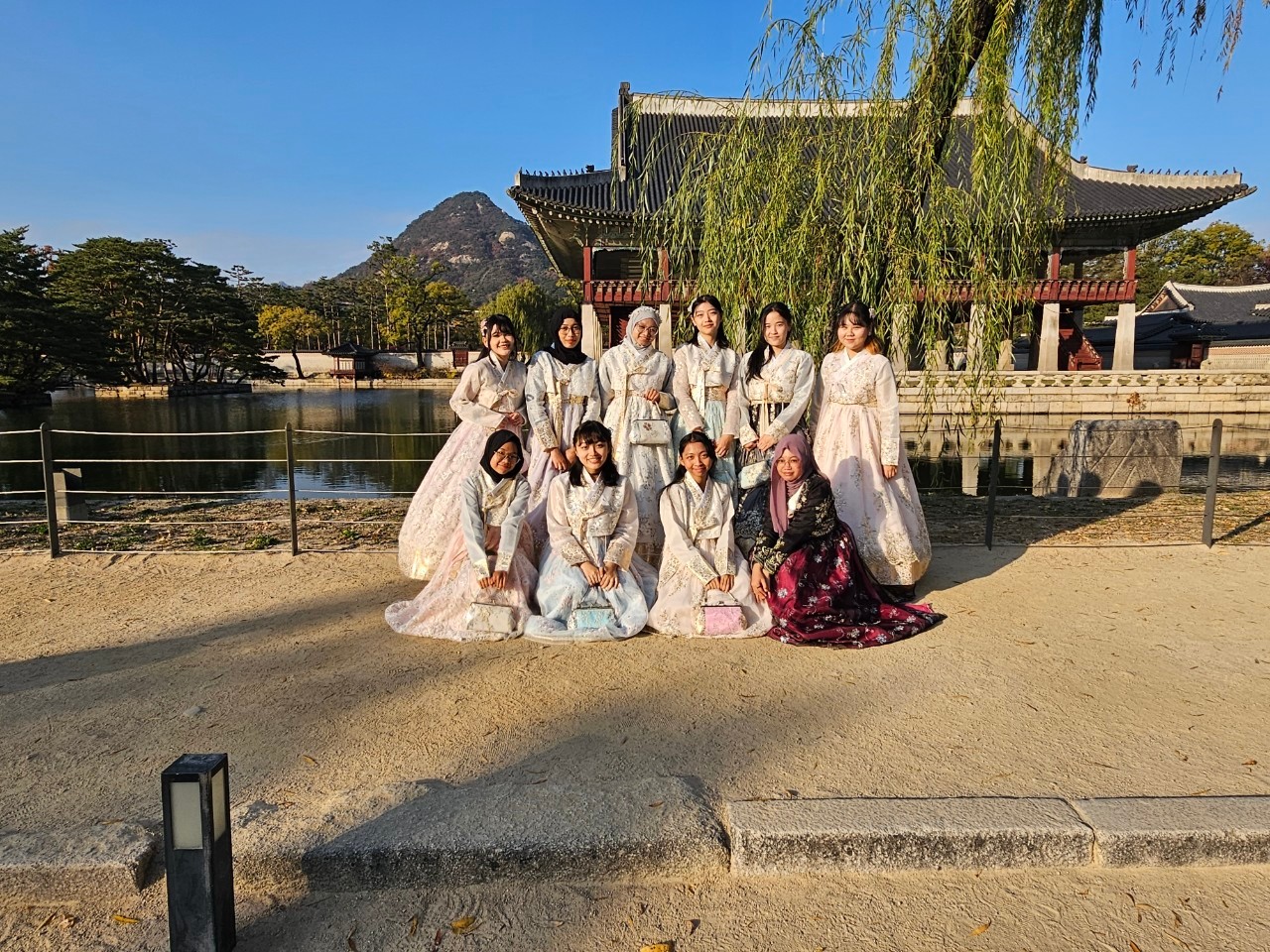 Besides in-class activity, Ang
Besides in-class activity, Ang